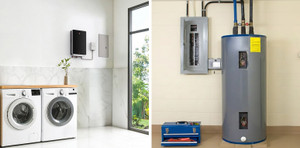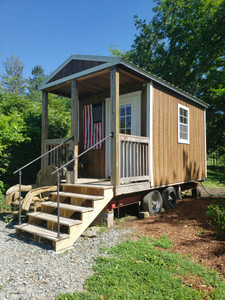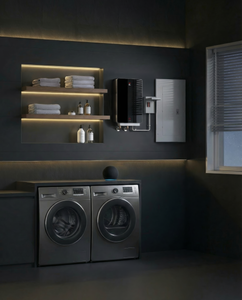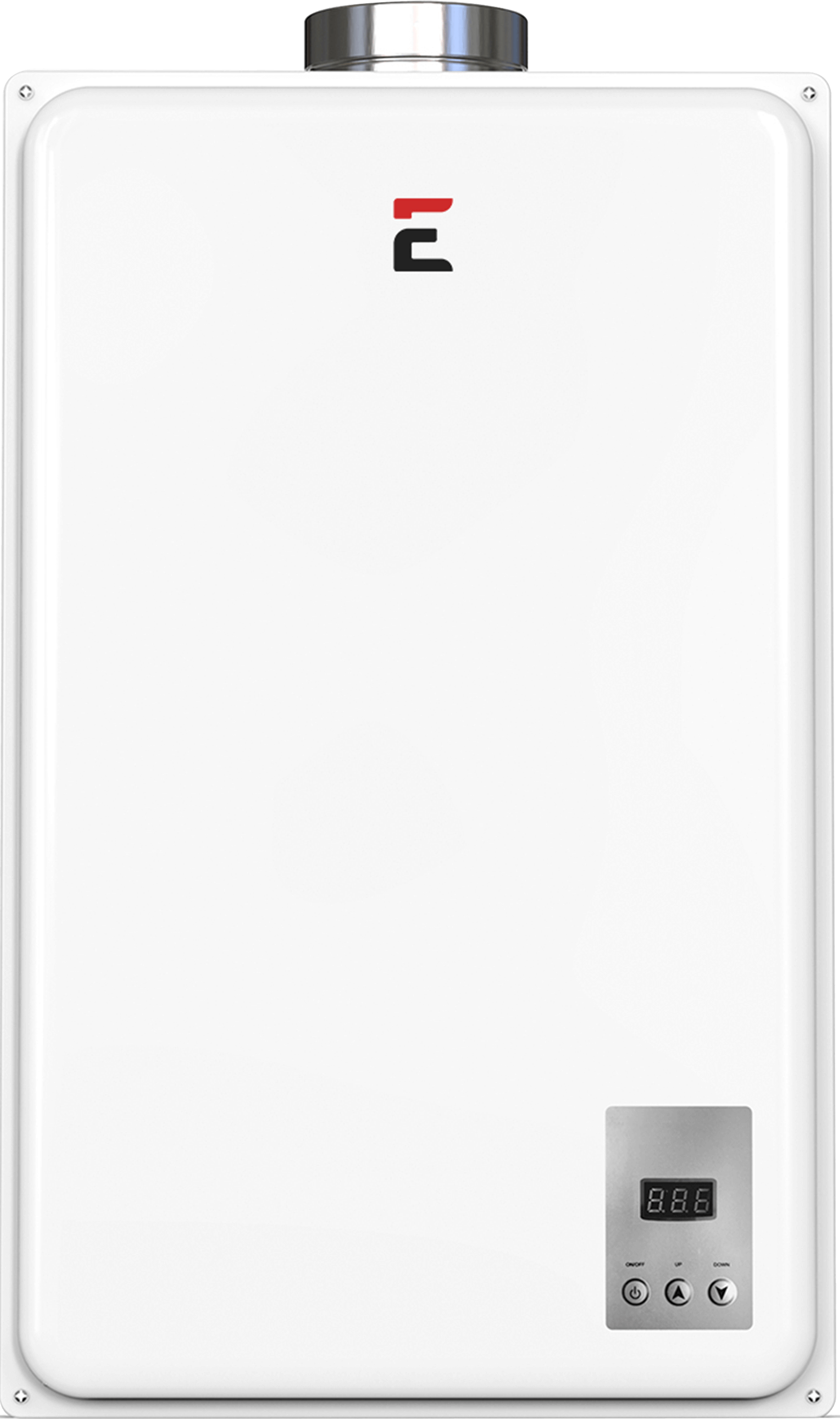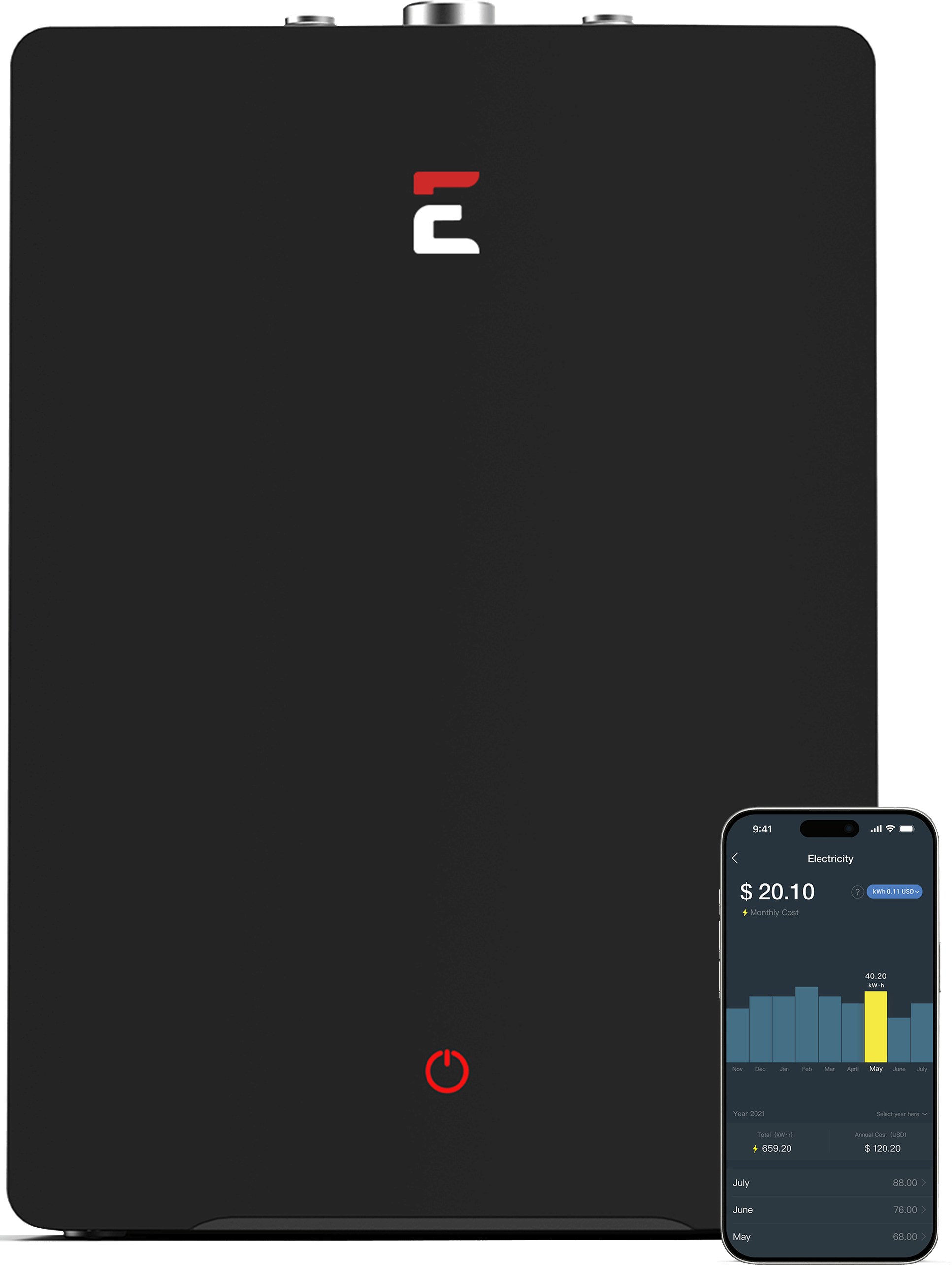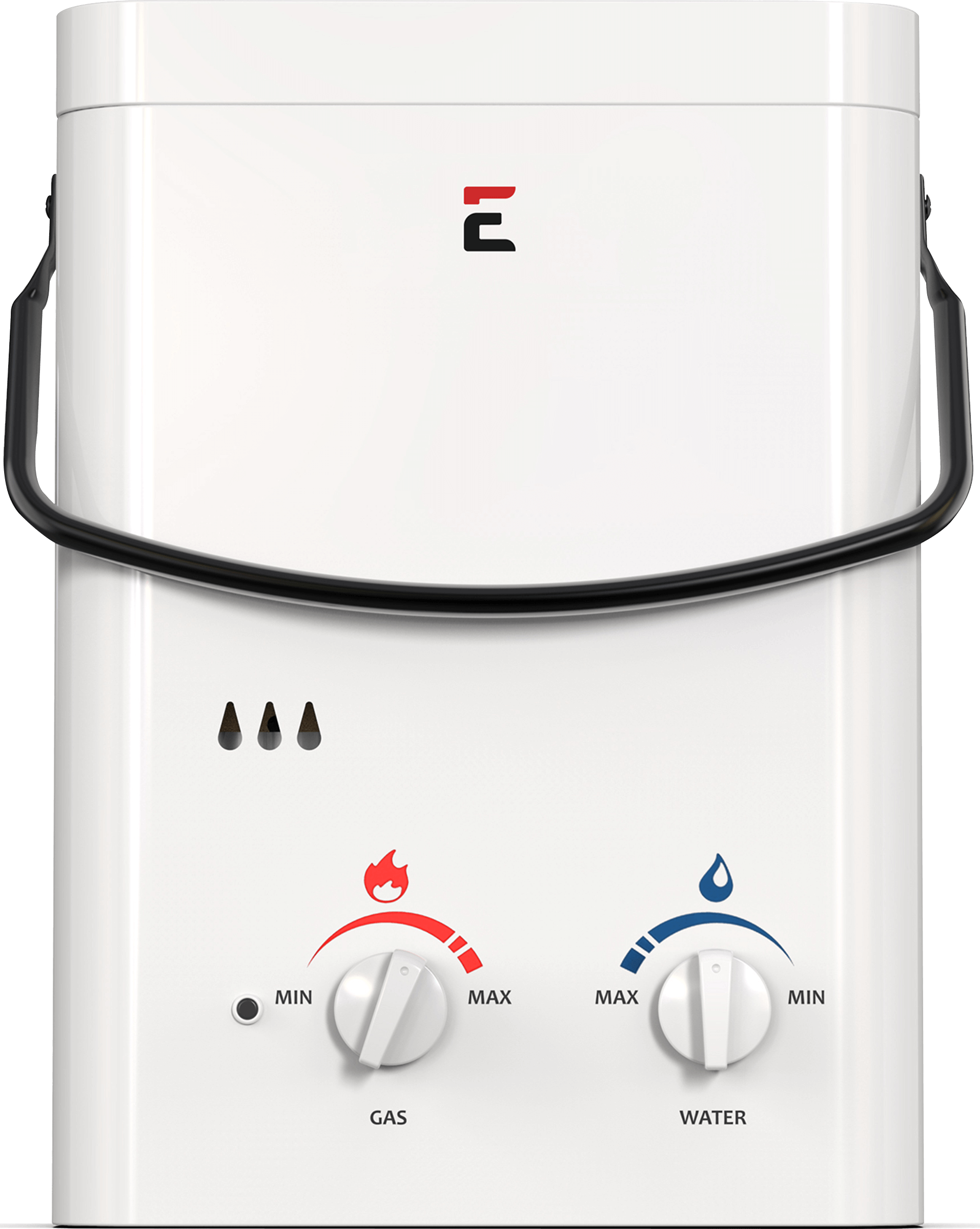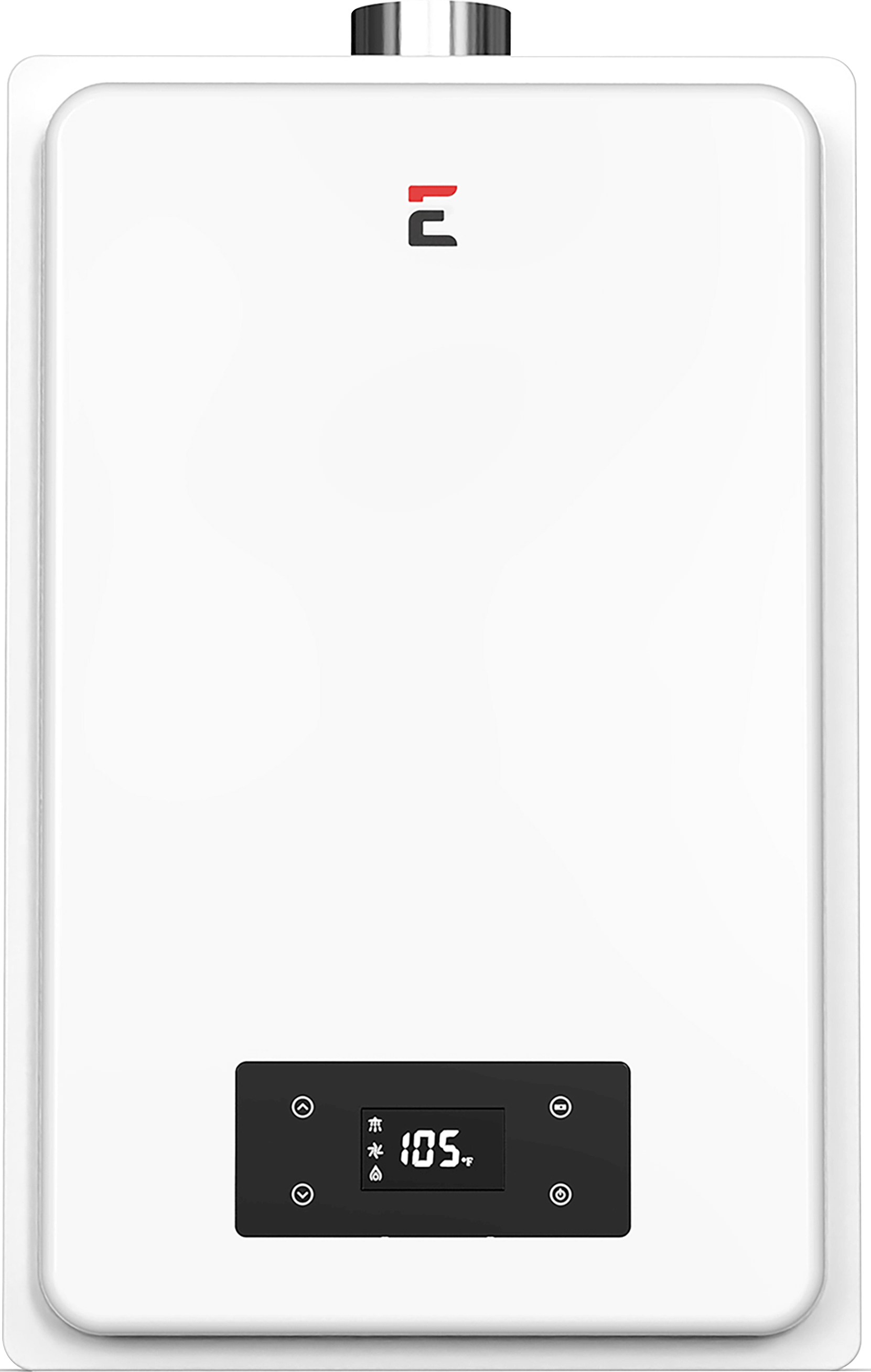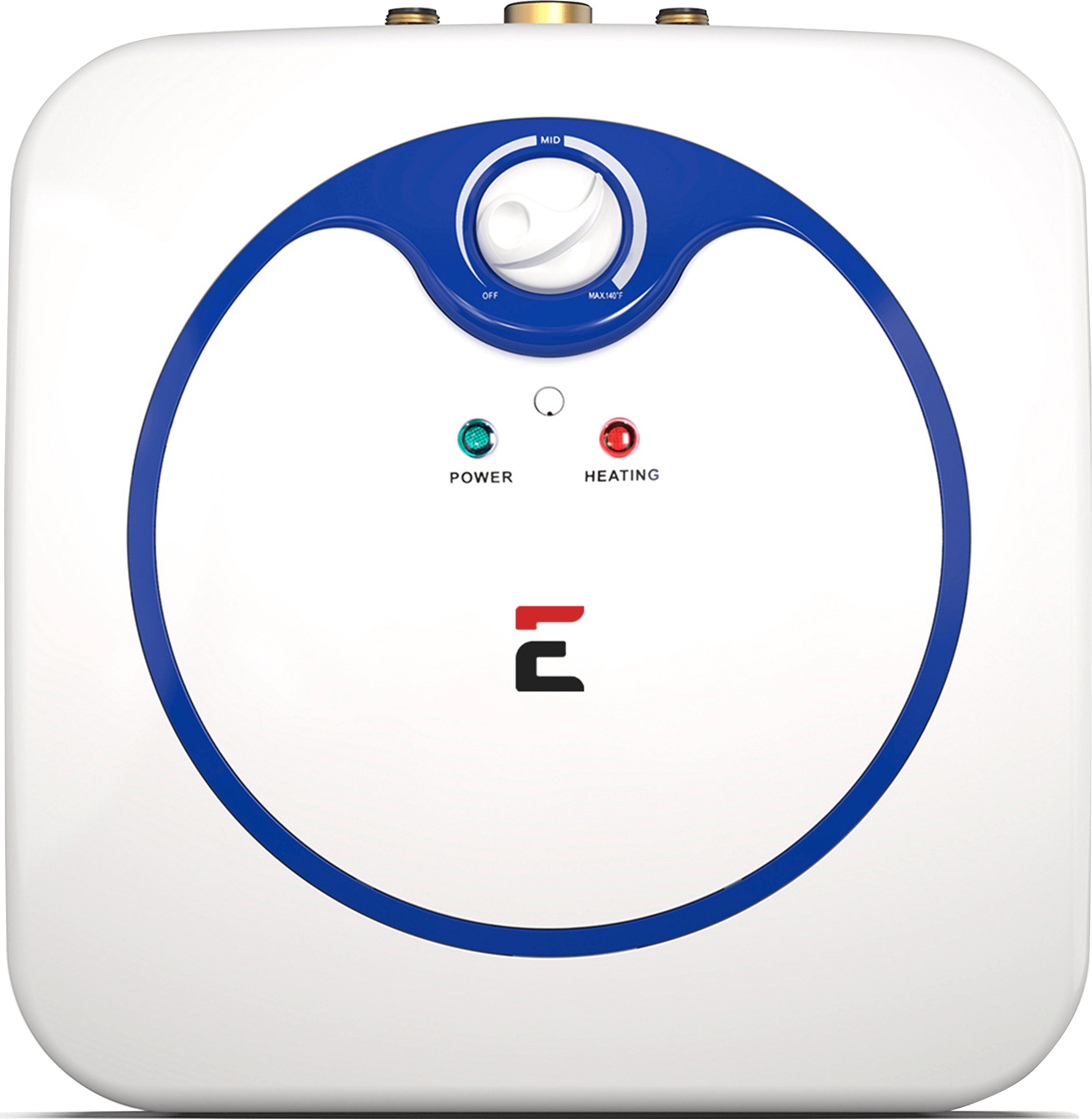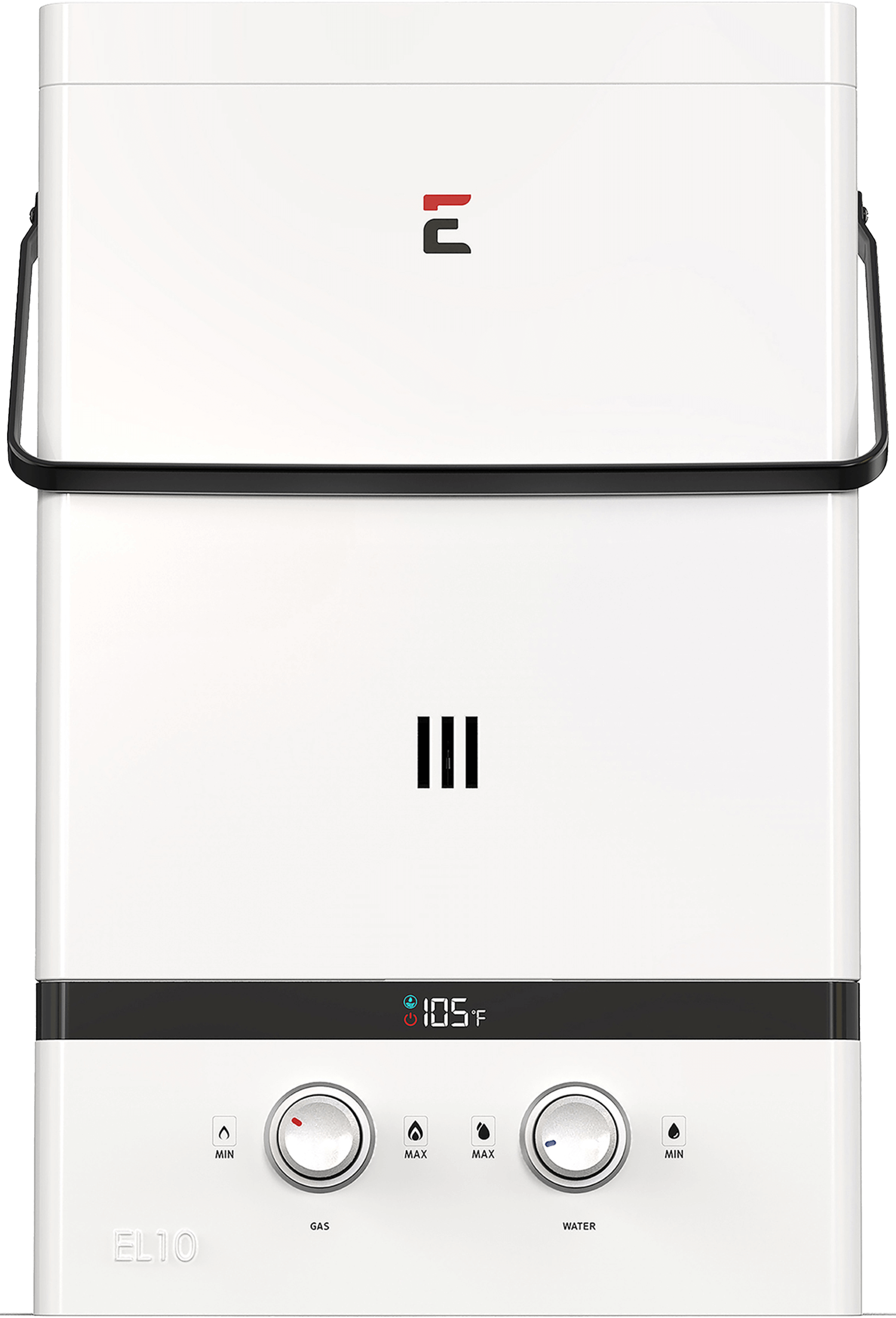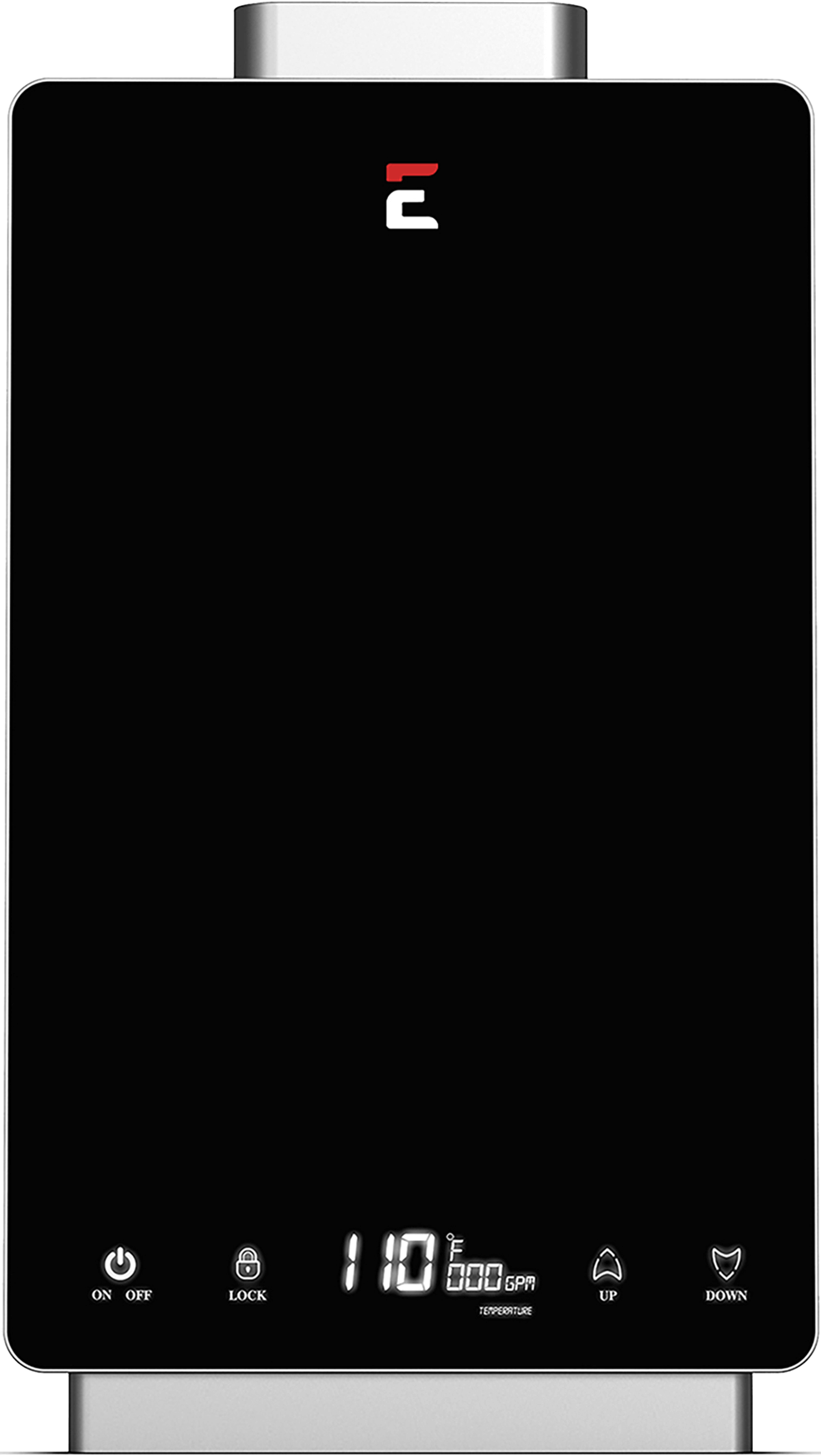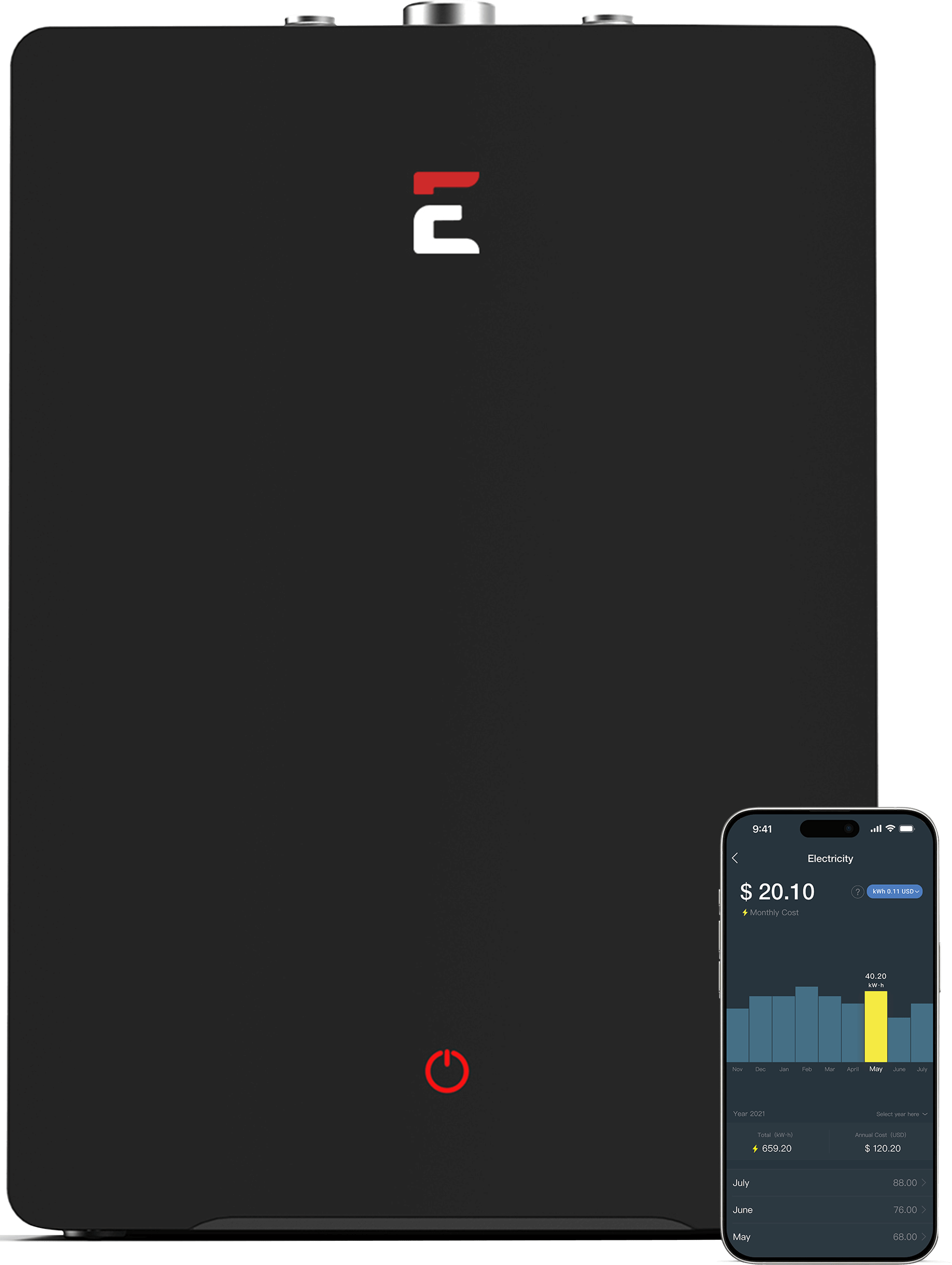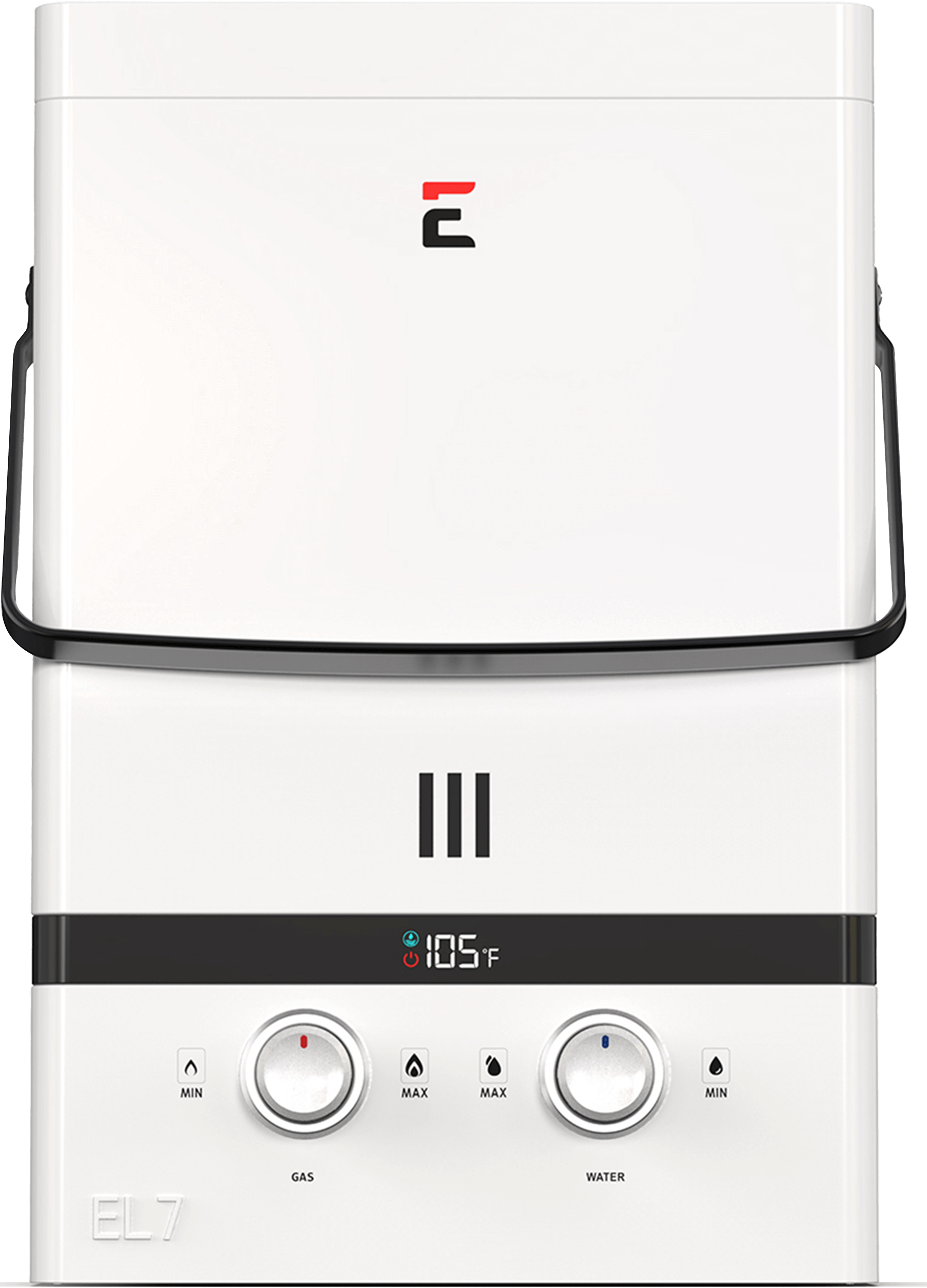Eco-Home Innovations: How Smart Water Heating Is Saving Energy in 2025
The Rise of Smart Water Heating in Modern Eco-Homes
As sustainable living continues to shape the way we build and manage our homes, smart water heating has emerged as one of the most significant innovations of 2025. Homeowners are turning to intelligent heating solutions that not only provide comfort but also conserve energy, reduce utility bills, and support a greener planet. The concept of eco-homes has evolved beyond solar panels and efficient lighting; today, smart water heating systems are at the forefront of this shift, redefining how energy is used to deliver hot water efficiently and responsibly.
This new generation of water heating technology blends digital intelligence with energy-efficient design. Smarthome tankless water heaters now communicate seamlessly with home automation networks, allowing homeowners to monitor and control temperature, flow rate, and energy usage from anywhere. With just a few taps on a smartphone or through voice command, users can optimize their water heating schedules and minimize waste. The result is a home that runs more efficiently, providing reliable comfort while reducing environmental impact.
Energy Efficiency Through Intelligent Control
One of the most remarkable advancements in 2025’s smart water heating technology is the integration of intelligent temperature management. These systems learn a household’s usage habits, automatically adjusting output to meet daily routines without wasting power. Maintaining water at optimal temperatures only when needed, they prevent unnecessary energy consumption while still ensuring instant comfort.
The technology behind these systems relies on adaptive algorithms and sensor-based controls. They measure water temperature, flow, and ambient conditions to ensure precision heating. Instead of heating large quantities of water continuously, these systems activate on demand, drawing energy only when hot water is required. Over time, they gather data about your usage patterns and fine-tune performance to ensure that no energy goes to waste.
This innovation plays a crucial role in achieving energy efficiency goals for eco-homes. In 2025, sustainability is no longer just about reducing emissions—it’s about creating systems that think for themselves, responding to your lifestyle while keeping your carbon footprint as low as possible.
The long-term benefits are equally significant. As these systems operate more efficiently, they reduce wear and tear, extending their lifespan and cutting down the need for frequent replacements. This not only saves resources but also reinforces the eco-friendly philosophy that drives modern home design.
The Role of Connectivity and Automation
Connectivity is transforming the way homeowners interact with their water heating systems. With smart home integration, water heaters can now be connected to Wi-Fi and controlled through apps or voice assistants such as Google Home and Alexa. This level of automation empowers homeowners to set heating schedules, monitor performance, and receive alerts about maintenance or efficiency trends—all from their devices.
For instance, when connected to a broader home automation system, a smart water heater can coordinate with other appliances to balance overall energy use. During off-peak hours, it can optimize heating operations to take advantage of lower electricity rates. In homes equipped with solar panels or battery storage, the system can prioritize renewable energy to heat water, ensuring that the household relies less on grid power.
The convenience extends to smart diagnostics and predictive maintenance. By analyzing real-time performance data, the system can detect irregularities before they turn into costly repairs. Homeowners receive alerts for cleaning, servicing, or potential performance drops, ensuring longevity and consistent efficiency. This proactive approach not only saves time and money but also keeps the system running at peak performance year-round.
As more smart devices integrate under unified control platforms, the vision of a fully automated eco-home becomes more tangible. The water heater becomes part of a synchronized ecosystem that works collectively to minimize waste, improve performance, and enhance comfort.
Sustainability and Eco-Friendly Design
In 2025, sustainability is more than a trend—it’s a responsibility. Smart water heating plays a vital role in reducing greenhouse gas emissions and conserving resources. By using energy more efficiently, these systems contribute to the global effort to lower overall household energy demand. Every drop of hot water is heated purposefully, reducing both energy waste and water consumption.
Manufacturers are also embracing eco-friendly materials and recyclable components, aligning with the growing demand for environmentally responsible production. Many modern designs feature compact and lightweight construction that fits seamlessly into smaller living spaces, promoting sustainable design principles without compromising functionality.
Beyond efficiency, smart water heating supports broader environmental initiatives. By integrating renewable energy sources like solar or wind power, these systems help homeowners achieve energy independence. This hybrid approach ensures that eco-homes can operate sustainably, even in regions with fluctuating grid reliability. It’s a step toward truly carbon-conscious living where technology and nature work together harmoniously.
Another important factor is water conservation. Smart sensors can track flow rates and usage, offering insights that encourage more mindful consumption. Over time, homeowners can use this data to identify patterns, eliminate unnecessary usage, and lower their overall water footprint. This integration of awareness and automation leads to a more sustainable and environmentally conscious household.
The Smart Water Heating Experience
Modern homeowners are no longer satisfied with systems that simply deliver hot water—they seek a connected experience that adapts to their lifestyle. Smart water heating in 2025 offers exactly that. Imagine stepping into a shower that’s preheated to your preferred temperature, activated through your phone before you even get out of bed. Or picture a home that automatically adjusts water heating levels when it detects you’ve left for the day, saving energy without any manual input.
This experience extends beyond convenience to comfort and peace of mind. With real-time monitoring, homeowners can track usage trends, set energy goals, and receive reports showing how much energy and money they’ve saved. The insights provided by these systems turn everyday actions into meaningful contributions to sustainability. Over time, homeowners develop a deeper awareness of their consumption habits, making smarter choices for both comfort and the planet.
In addition, the user interfaces of these systems are becoming more intuitive. Clear dashboards, mobile notifications, and customizable controls make operation simple and enjoyable. Homeowners can easily adjust preferences, view performance history, and even receive recommendations on how to further improve efficiency.
Innovation Driving Future-Ready Homes
Innovation continues to drive the evolution of smart water heating. In 2025, manufacturers are introducing new models equipped with AI-driven systems capable of predicting future water usage and adapting accordingly. Some designs incorporate voice recognition technology, allowing homeowners to control temperature and flow using natural speech. Others are integrated with energy management platforms that synchronize every connected appliance for balanced power distribution throughout the home.
Moreover, these intelligent water heating systems are becoming increasingly accessible. Advances in technology have reduced production costs, making smart heating solutions more affordable for homeowners who want to upgrade their eco-homes. Whether for a compact apartment, an off-grid cabin, or a family home, there is now a range of options designed to fit diverse living styles.
These innovations align perfectly with the global shift toward net-zero energy living. Governments and environmental organizations are recognizing the role of smart heating in achieving sustainability goals, offering incentives for homeowners who adopt energy-efficient technologies. As more households make the switch, the collective impact on energy conservation becomes substantial.
The future of smarthome water heaters also involves collaboration between tech companies, builders, and energy providers. Builders are designing homes with built-in smart water heating infrastructure, while energy companies are offering dynamic pricing models that encourage consumers to heat water during renewable energy peaks. This synergy strengthens the connection between technology, energy management, and sustainable living.
Comfort Meets Conscious Living
What truly defines smart water heating in 2025 is its balance between luxury and responsibility. Homeowners no longer have to choose between comfort and conservation—they can enjoy both simultaneously. The intelligent design ensures consistent hot water while minimizing the strain on energy resources. Every shower, every tap, and every warm rinse becomes part of a larger story of mindful living.
This balance extends to the daily rhythm of life. As people become more aware of their environmental impact, they seek technology that empowers them to make better choices without sacrificing convenience. Smart water heating provides empowerment, making eco-friendly living both effortless and enjoyable. With sleek digital controls, energy tracking apps, and self-learning performance, these systems bring modern elegance and environmental integrity into every home.
The connection between comfort and conscience also strengthens the emotional value of eco-living. Homeowners who invest in smart water heating aren’t just saving energy—they’re contributing to a more sustainable world. The sense of responsibility that comes from living sustainably adds depth and meaning to modern homeownership.
The Future of Smart Water Heating and Energy Efficiency
The evolution of smarthome water heating is only beginning. As energy challenges grow and global sustainability goals intensify, the demand for smarter, more adaptive technologies will continue to rise. The innovations of 2025 represent a turning point where water heating becomes not just a household necessity but an intelligent, responsive, and eco-conscious system.
Looking ahead, the next generation of water heating technology will likely feature even deeper integration with smart grids, predictive AI analytics, and renewable energy synchronization. These advancements will enable homeowners to participate actively in energy conservation while enjoying unparalleled comfort and reliability.
In this future, the simple act of heating water becomes a demonstration of how technology can harmonize with the environment. Every innovation serves a dual purpose—enhancing daily life while protecting the planet for generations to come. The homes of tomorrow will no longer be passive consumers of energy but active participants in sustainability, powered by the intelligence of interconnected systems.
Conclusion
Smart water heating in 2025 represents a milestone in eco-home innovation. It combines intelligent technology, sustainable design, and user-focused convenience to create homes that are both comfortable and environmentally responsible. Through automation, connectivity, and energy-efficient performance, these systems embody the vision of a smarter, greener future.
As more homeowners embrace these advancements, the collective impact will be profound—reduced energy use, lower emissions, and a more sustainable world. The path toward eco-friendly living begins with small, thoughtful choices, and adopting smart water heating is one of the most impactful decisions a homeowner can make.
Frequently Asked Questions (FAQ)
What makes a water heating system “smart”?
A smart water heating system uses digital controls, sensors, and connectivity features to manage temperature and energy use efficiently. It can be controlled remotely through apps or voice commands, offering both convenience and energy savings.
How does smart water heating save energy?
By heating water only when needed and adjusting based on user habits, smart systems minimize energy waste. Many also connect to renewable energy sources or use off-peak electricity to further reduce consumption.
Can smart water heaters be used in off-grid homes?
Not at the moment, as they require a stable and sufficient electrical power source to operate. However, in the future, smart home technology is expected to be integrated into portable tankless water heaters specifically designed for off-grid living—combining convenience, efficiency, and sustainability.
Are smart water heaters difficult to install?
Installation typically requires professional setup to ensure proper plumbing and electrical connections, but once installed, operation and monitoring are straightforward through user-friendly interfaces.
What is the future of smart water heating technology?
The future lies in greater automation, renewable energy integration, and AI-driven optimization, allowing homes to become increasingly efficient and self-sustaining.
 Weekly Deals
Weekly Deals
 Water Heaters
Water Heaters
 Accessories
Accessories
 Installation
Installation
 Parts
Parts
 Protection Plans
Protection Plans
 Final Sale
Final Sale



